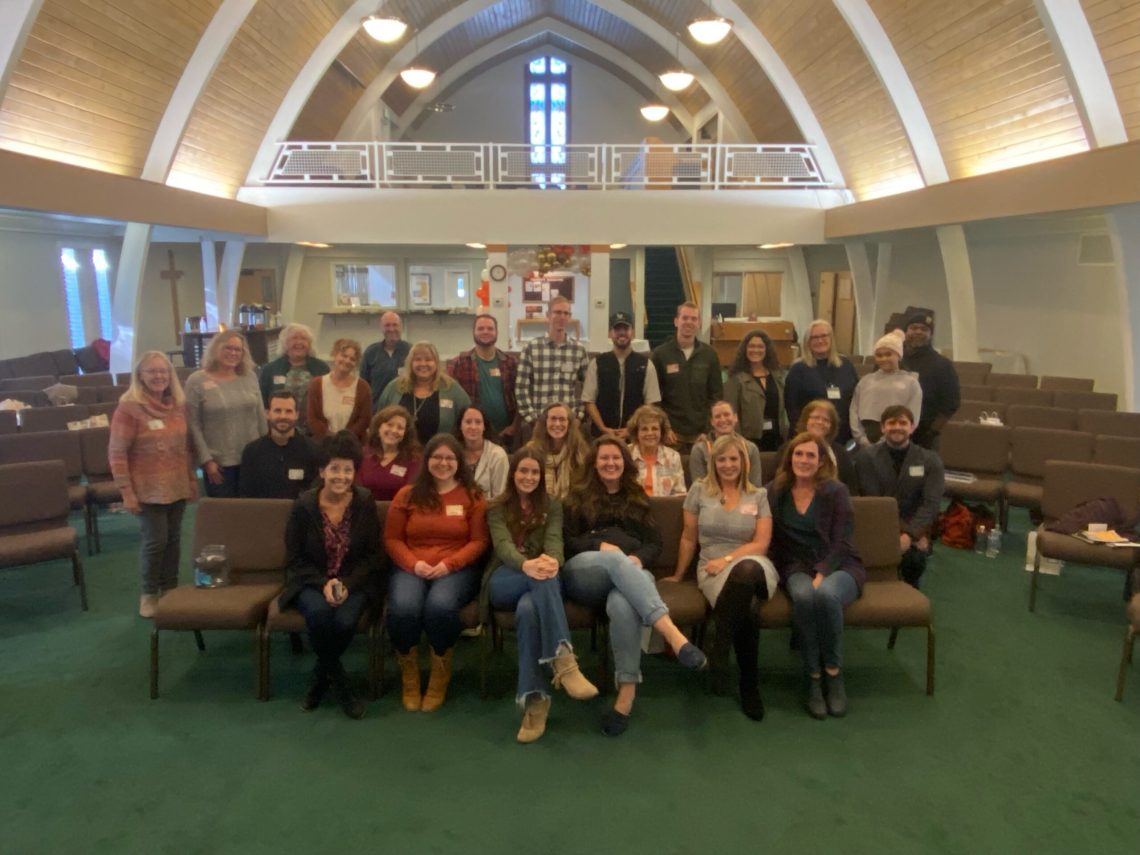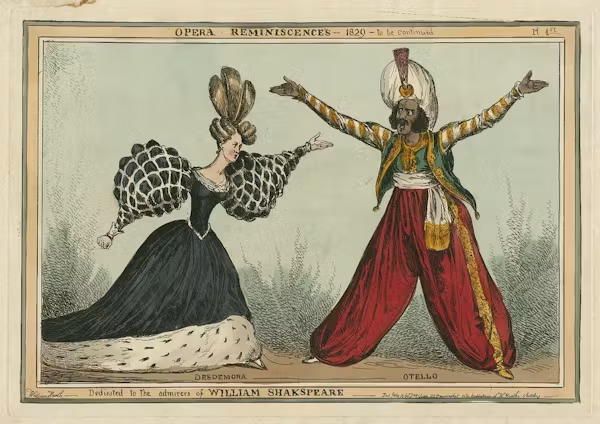-
2025 Rooted Contest Poetry Winner
Rooted, I Rise Again by Kimba Christian I’ve walked through fire before, and I did not burn. Praise God! I faced the eye of the storm and was not consumed. Hallelujah! I’ve been pressed by weight I thought would crush me—but it didn’t. Thank You, Jesus! And today, rooted in Him, I rise again. I will walk with purpose.I will speak with grace.I will tend to what matters, and let go of what does not.I will honor this life God gave me, not by hustling to earn it, but by receiving it with reverence and joy. I will breathe deeply, confident in who my Father is. I will not shrink back. The…
-
2025 Rooted Nonfiction Winner
Rooted by the River by Lana Usilton From Eden’s garden to eternity, the river of God flows—winding its way through history and carrying the story of God’s love. A love that relentlessly pursues relationship with those He made in His likeness. God in His majesty spoke the sun, moon, stars, and our world into existence. But He showed careful tenderness when He made our first parents. God shaped man from the dust of the ground “and breathed into his nostrils the breath of life; and man became a living soul.” (Genesis 2:7). God named the man Adam and placed him into a garden. God’s garden is a masterpiece, planted in…
-
2025 Rooted Contest Fiction Winner
Postcard Promises by Allison Cook A solitary star shines in the pre-dawn sky as I cinch my backpack until it’s almost too tight. Gear inspection: bear spray, sleeping bag, Dad’s ashes. Check, check, check. There’s only one other person at the trailhead: a tiny twenty-something brunette, who beckons as I try to sneak past. “You’re from Kansas?” She points to my old Silverado. Her eyebrow hitches when she notices the plates: L0NW0LF. I nod and avoid eye contact. “Be careful up there,” she warns. “The weather can change on a dime.” “Thanks,” I grunt with a dismissive wave. When I pass the mud brown trail sign, I tap it twice…
-
Interview Your Characters
Friends surround the writer every moment of the day. True, most of them are imaginary, but many times, our characters as real to us as flesh and blood companions. So, when I say you should interview your imaginary friends to understand them better, writers know what I mean. When I tell my therapist I need to leave our session early because I need to talk with President Lincoln about my latest historical fiction, he keeps me longer. Few outside of the writing world understand. However, you get it. Get to know your characters by interviewing them. Or better yet, interrogate them. There are many methods of character creation. Every writer…
-
Keep Getting Better (Unless You’re Shakespeare)
Have you ever heard a writer say these words? “I’m the best writer in the world.” You agree to read their story, and yes, your suspicions are confirmed—they fall short of the mark. No writer is perfect, and every story can be improved (except Shakespeare). This includes you. I’m sorry. I know how hard those words are to hear. Here’s a case to help you feel better. J.K. Rowling is on the Forbes’ billionaire list because she sold quite a few copies of the Harry Potter books. In interviews, she admits there are areas in the series that need improvement. Why? Because one billion in sales isn’t good enough. The…
-
Made For Communion
When my husband and I were preparing to go on the mission field many moons ago, we asked our pastor if we could visit every home group within our church body to raise financial and prayer support. I knew from my own experience the value of face-to-face connection. I confess, I find it difficult to invest in others financially or prayerfully if I haven’t had a personal encounter with them. Our experience in support raising proved the point, I think. Not only were we fully supported before we left the States—but for the duration of our time on the field, too. And many of the relationships that began through those…
-
Focus on the Essentials: Attend a Conference
Seasoned writers have a secret they tell everyone. Lean close and I’ll whisper their most discussed riddle. Writing conferences are essential to writing success. Here are five major reasons why successful writers continue to attend writing gatherings and conferences: Join us for the Fall Gathering in October and reach the writing potential God has for you! What other reasons do you have for attending The Gathering? Opinions expressed are not necessarily those of all ICW Members.
-
Plot Your Novel: 3 Tried and True Methods(+1)
Historians and literary scholars tell us there are three basic plot methods for writers to plot a novel. Of course, you choose the fourth. First, let’s review the three initial methods of how to write a plot, implied by John Gardener’s The Art of Fiction. The first method is to find a plot you like and make it your own. No, it’s not plagiarism, such as copying scenes word by word. The method is more like the movie ‘Oh Brother, Where Art Thou?’ which is structured on the Odyssey. Stories such as Star Wars are based on ‘B’ movies of the 1940’s and 1950’s. Shakespeare gets many of his plot…
-
A Novel: In Three Acts
Every author hears of the three-act novel at some point. One thinks of Shakespeare, vast libraries, and high literature when discussing the points of writing a novel with three parts. However, rather than complicating storytelling, its origins in Ancient Greece were designed to make the process easy and clear. Let’s take a look. The acts are split this way: Act 1: Set up the main characters by tossing them into the worst conditions you can concoct. Act 2: Torture characters until they are ultimately confronted with their mortality. Act 3: After facing their worst fears, the characters are ready to turn chaos into resolution. Or, to simplify: Act 1: I’ve…
-
Make Reading Your Constant Diet
“That box is probably too heavy for you.” She put a hand on my arm. “Let me get someone to help you lift it.” She motioned a teen boy over. “Mike, can you help Peter lift this box?” “Sure!” The teen boy bent down and picked up the box. “Where do you want it?” Oh goodness. What had been a trial for me to lift, the man-child hefted easily. “Over there.” My doctor had long been on my case to lift weights, and the incident was enough for me to hire a personal trainer to help me gain strength. I was excited and told the trainer I could spend two…









